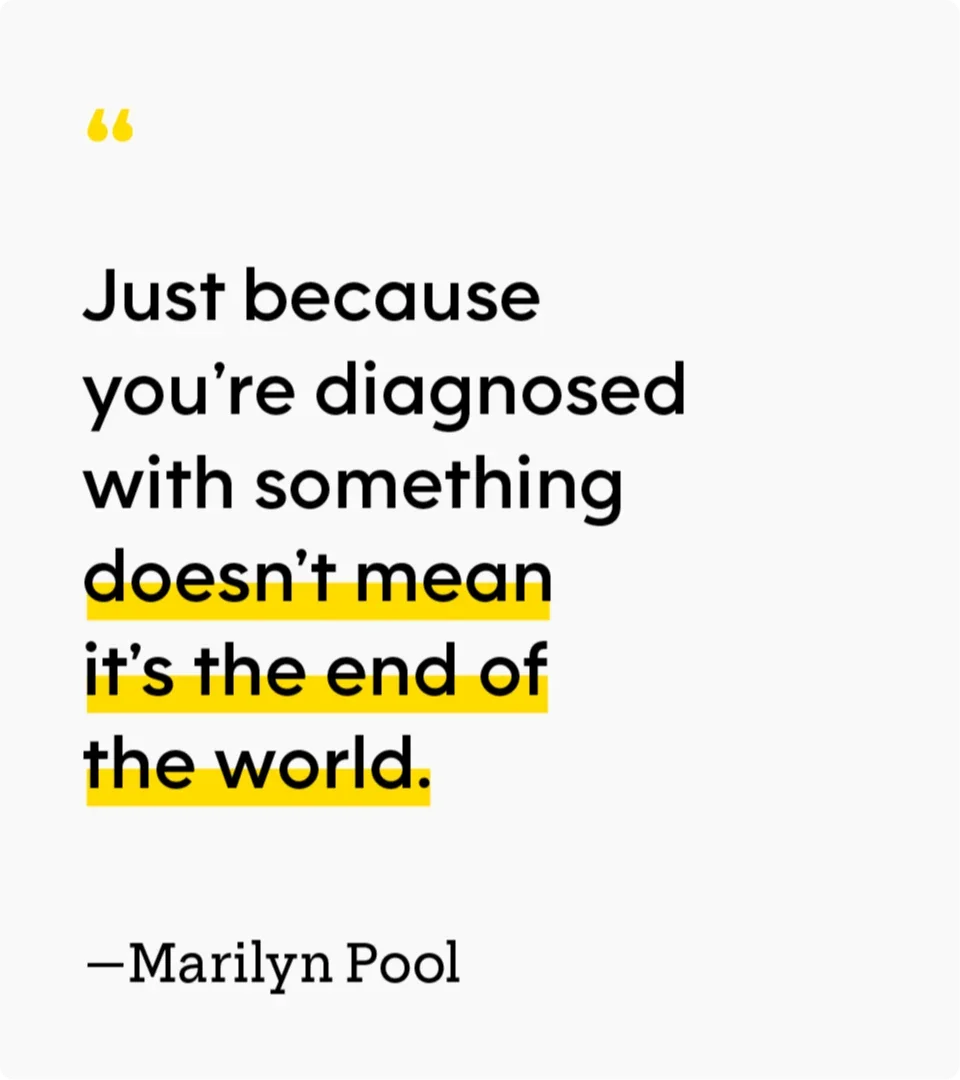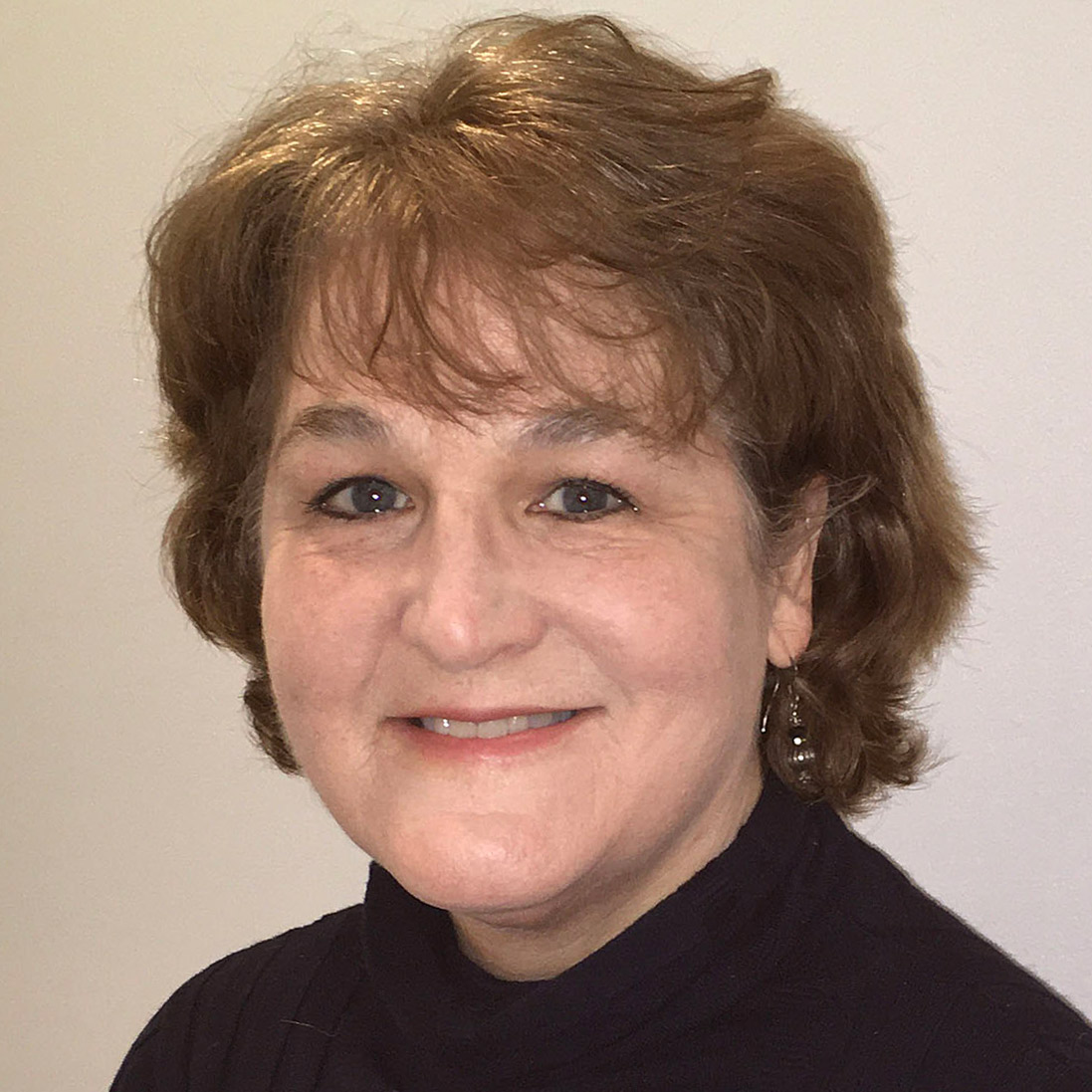Key takeaways:
Marilyn Pool was an air traffic controller at an Air Force base when her health started to decline.
Ultimately, she was diagnosed with dilated cardiomyopathy and had to have a pacemaker and a defibrillator implanted.
She had to medically retire from controlling air traffic. But she has returned to a full, athletic life.
By the time she was 36, Marilyn Pool had reached a high point in her career as an air traffic controller.
Marilyn — who played basketball, softball, and track while growing up in Colorado — joined the Air Force after her first year of college at the University of New Mexico. Her Air Force job took her to Texas, Mississippi, Georgia, and Oklahoma, as well as on deployments to the Middle East for Operation Enduring Freedom and Operation Iraqi Freedom.
After her second daughter was born, she retired from the Air Force, not wanting to mix the possibility of sudden deployment with single motherhood. But she kept working in air traffic control with civilian posts.
In 2014, she moved to Southern California to direct takeoffs and landings for all the branches of the military at Edwards Air Force Base. But the next year, Marilyn started to feel her health change. She was rapidly gaining weight and, by the end of 2015, she had put on close to 80 lbs. She thought it must have something to do with stress, but she also had a persistent cough.
All of these changes were symptoms of a condition that would eventually force her to medically retire from her dream job, as she explains in a TikTok video for GoodRx. But at the time, she had no idea what was wrong.

Marilyn Pool didn’t discover she had a heart condition until a nagging cough led to medical tests.
Coughing for 8 months
Because of her persistent cough, Marilyn thought that she might have pneumonia. At the time, she hadn’t yet established a primary care doctor in California. So she kept going to urgent care centers for treatment.
The urgent care providers she saw told her she probably had a “desert cough,” Marilyn recalls, and that it was likely related to the change in climate she’d experienced after her move from Colorado to California. So she kept trying to address her symptoms with cough medication, but it didn’t help.
In December of 2015, when Marilyn went to a doctor for allergy shots, she mentioned that she had been coughing for about 8 months. The doctor told Marilyn that that wasn’t normal and ordered a chest X-ray. Then, the doctor sent Marilyn on her way, telling her she should get the results within days.
Read more like this
Explore these related articles, suggested for readers like you.
Thirty minutes later, the doctor called Marilyn, who was in her car driving home. The doctor told her to turn around and come back. Her lungs were OK, the doctor said, but there was something about her heart that was troubling.
A high-stress job and a severely enlarged heart
When Marilyn returned to the medical center, she had an echocardiogram — a specialized ultrasound scan of the heart. The results showed that Marilyn had dilated cardiomyopathy and congestive heart failure.
Dilated cardiomyopathy usually occurs in people younger than 50 and affects the heart’s lower and upper chambers. In Marilyn’s case, her heart was severely enlarged. Instead of contracting and expanding deeply — like someone squeezing a stress ball — Marilyn’s heart was barely contracting and expanding at all.
She was a single mom with a stressful job and a 2-hour commute to work each way. She worked 10-hour shifts, 4 days a week. But her heart had only been operating at about 20%.


She remembers the cardiologist telling her: “It’s by the grace of God that you’re here. I have patients in an ICU bed right now with a stronger heart than yours.”
Building her heart muscle back up
Until her diagnosis, Marilyn would have never guessed she had heart trouble.
“I never had high blood pressure,” she says. “I never had any of the other signs that would tell you that something is wrong with your heart. I’ve always had a very low heart rate, because I was an athlete.”
One of the first steps in her treatment was to drain the fluid from her heart, significantly reducing her weight. She was also prescribed medications to stabilize her heart rate, but they made her feel exhausted. It took about a year to find the right medications and the right dosages, she says.
At one point, her doctor told her she would have to have a heart transplant. But Marilyn vowed to do everything in her power to avoid that.
She told her doctor it was just one more muscle she had to get in shape. “She thought I was crazy,” Marilyn says. “I proved her wrong.”
Marilyn currently has no plan to get on a transplant list.
‘I believe anything is possible now’
Since retiring, Marilyn — who’s now 45 and living in Santa Clarita, California — has started modeling and acting and working as a fitness coach. She also leads a hiking group in Los Angeles.
“I guess I believe anything is possible now. I’m a very, very positive thinker, and I try to make everybody else believe that, because here I am. I should have died,” she says. “Just because you’re diagnosed with something doesn’t mean it’s the end of the world. I’m gonna live my life.”

Why trust our experts?





















